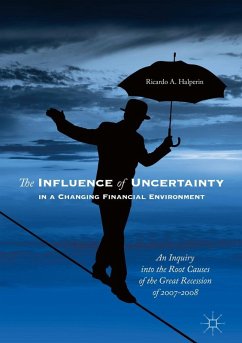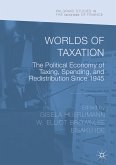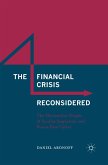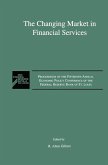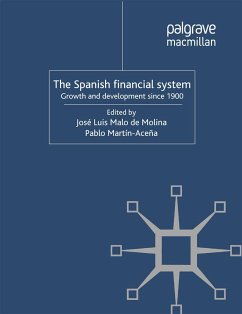This book examines the role of uncertainty on financial decisions - and, consequently, on financial markets - in the buildup to and aftermath of the Great Recession. It tracks the significant growth and important structural changes in the financial sector during the past few decades, both of which made the economy more vulnerable to perceptions of risk in the markets. Halperin argues that conventional economic models have lost relevance by failing to take these developments into account appropriately, and also explains that because of financial globalization we can no longer understand what happens in the economies of major countries by relying on "closed-economy" thinking. The book concludes with a list of policy recommendations designed to increase the resilience of the financial markets to negative economic developments and to reduce incentives for risk taking, including a proposal to eliminate the double taxation of dividends.
Dieser Download kann aus rechtlichen Gründen nur mit Rechnungsadresse in A, B, BG, CY, CZ, D, DK, EW, E, FIN, F, GR, HR, H, IRL, I, LT, L, LR, M, NL, PL, P, R, S, SLO, SK ausgeliefert werden.

